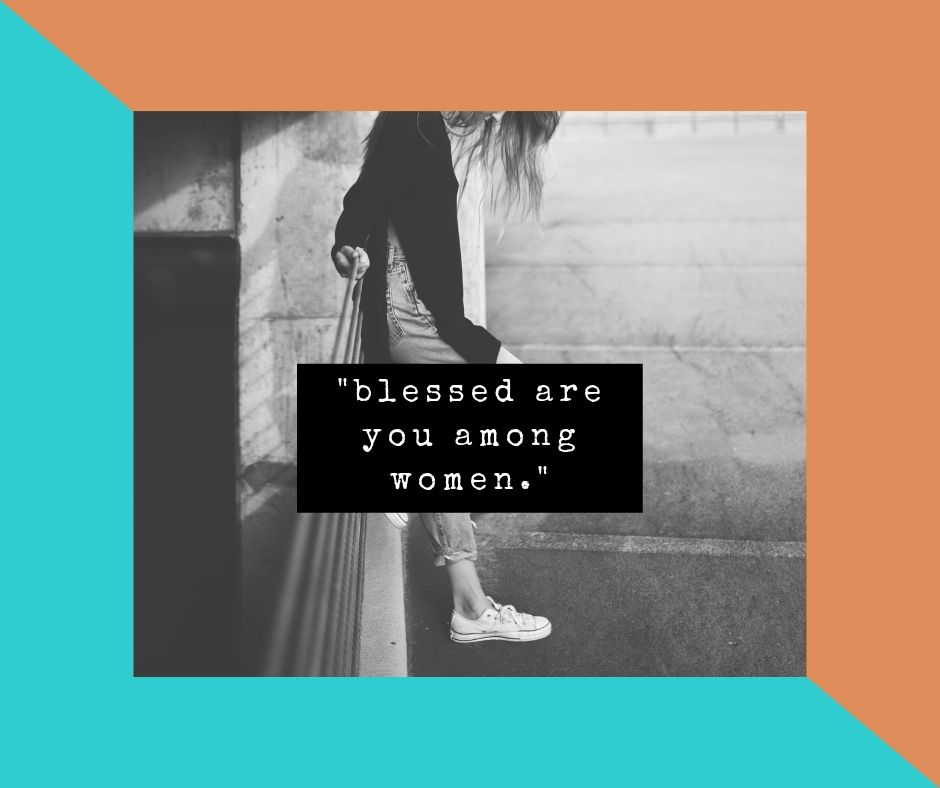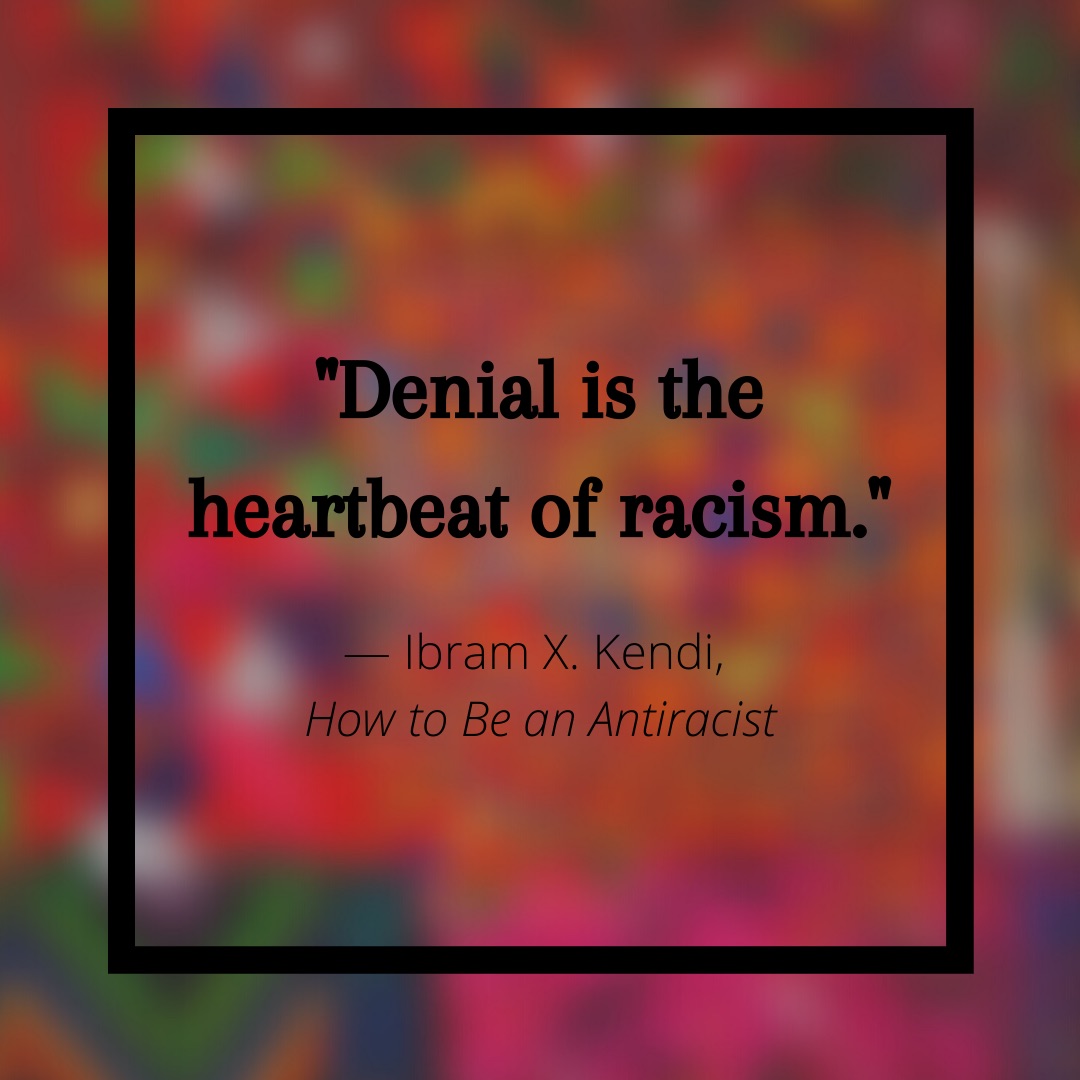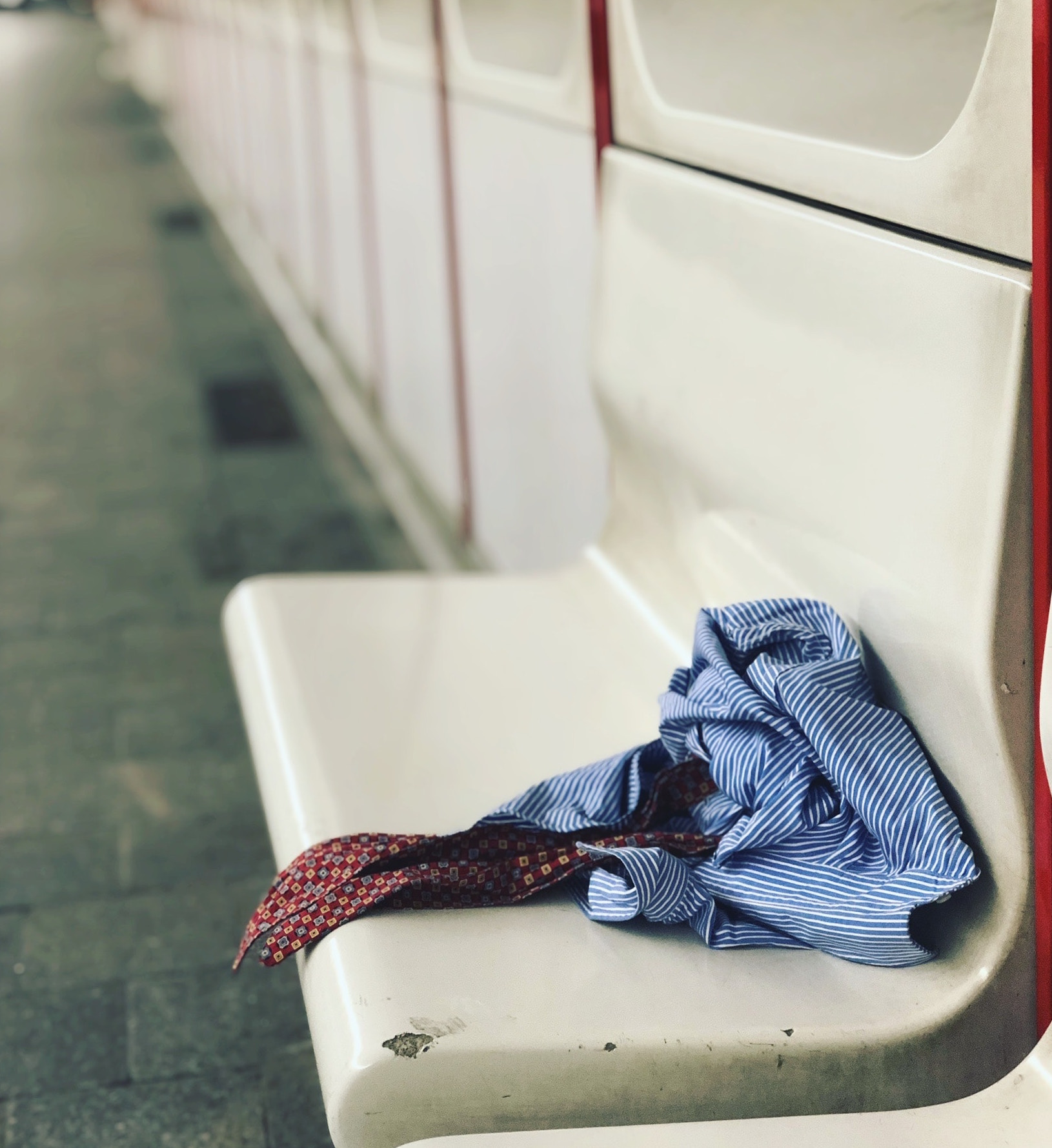Who am I? But like………really?
It’s a question everyone wrestles through—in some junctures of life more than others—and it’s a question I’ve found myself asking a ton lately. Well, more than usual. I’m introspective by nature, so existential questions are kinda the norm for me.
But if you didn’t know me, and I tried to rattle off a quick “who I am” elevator pitch, these are the words I might be tempted to use. Weird. Abrasive. Intense. Eccentric. Outsider.
On the surface, I’m a person who knows the rules, looks the part, wears the mask, says the right answer, maintains the control. But deep inside, it’s like I never quite belong.
When I was younger, it became a source of frustration and confusion that my sharp, awkward edges just couldn’t seem to fuse with other people’s smoother, glossier, more acceptable fronts.
I was too clunky and barb-wired for anyone to experience at close range. And that was by design. It created an illusion, both of safety and rugged independence, but it came at a price—lost connection to myself. Decades thrust inside a linear prism of conformity when I was made to be less straight, more spiral, oblong, uncontained.
For awhile though, I’ve sensed this boxed-in life is not the “abundance” I hear God talk about on more than a few occasions in his book. So I posed my question to him one afternoon, not sure what I expected in return—maybe silence, maybe static, maybe a cliche sermon. What I didn’t bargain for was a question of his own.
“Alright, God. Who am I?” my voice, brash with skepticism, demanded of the heavens. And then I started to walk as if daring his answer to follow and pursue me. Which it did.
What’s your name?
I scoffed. “Umm…pointless detour in the conversation, God. You know my name. Weren’t you there when I received it?”
Daughter, what is your name?
Cue the melodramatic eye roll. “Fine, but this is just because I’m humoring you. Mary-Beth.”
Nope. Your real name…
“Mary-Elizabeth?”
Right. And why did your parents name you that?
I immediately flashed back to a discussion with my mom from several years earlier when I had pressed her on the same topic. For as long as I can remember, I’ve hated being called Mary-Elizabeth, and I insisted on some context as to why she cursed me with the fate of a double name which took forever to break down for other people.
No. It’s not just Mary, and Elizabeth isn’t my middle name. Mary-Elizabeth is my first name. My whole first name. Two words hyphenated. I don’t have a middle name. And I’m not Irish Catholic either. My parents just figured they would make me sound like a 60-year-old nun.
Welcome to my childhood.
Even though I was known as Mary-Beth for convenience sake, I decided as a precocious fourth-grader that my mom owed me an explanation for the headache that was my name. Why did it have to be so complicated? Why didn’t she choose Mary or Elizabeth? Why had I been doomed to both? So I asked her—and she told me a story.
More than 2000 years ago, there were two women living in the Middle East. They were cousins, and their names were Mary and Elizabeth. The girl Mary was just a teen, but God already had a radical purpose set in motion for her life, and Elizabeth knew it. So when Mary—pregnant with a son who would (casually) be Jesus the Messiah—visited her cousin, Elizabeth splayed her hands across the teenager’s stomach and announced, “Blessed are you among women!”
That story comes from the Bible, and those powerhouse females are my namesake. But how is any of this relevant to the original question of “who am I?” Yeah, I wasn’t sure either.
Blessed among women. This is who you are. Your name says it all.
I stopped walking. My feet planted themselves on the concrete, and I glanced around in a daze. Did someone else hear that, or was it audible only to me? I mouthed the phase a couple times. Blessed. Among. Women. Testing it on my lips, tasting it in the back of my throat.
I shuffled home, absorbed in thought, and made a beeline for Google. I typed “blessed” into the searchbar and skimmed through the billion or so results. Sacred. Adored. Redeemed. Exalted. Beautified. Saved. In each result, this was the recurring pattern of words—could that be the definition of blessed among women?
Could that be, well………me?
This new question has sparked within me a voracious appetite for inner reflection. And I don’t mean in the navel-gazer sense. I mean, like I want to understand this human God created.
This desire for impact, connection, purpose and nonconformity that surges in her veins. This soul that craves acceptance but will not be hemmed into constructs of the world. This iconoclastic spirit with the hair of a lion, the eyes of a warrior, the heart of a nomad and the dreams of a hippie. This girl who is less of a Barbie Doll and more of just herself, who is required to earn nothing—not beauty, not dignity, not even identity.
Because I am blessed among women.
That’s the answer to who I am. The one responsible for making me declares it. Which is all the assurance I need.
(And I will most likely turn this into a tattoo somewhere down the line. Because my priorities are so intact.)







